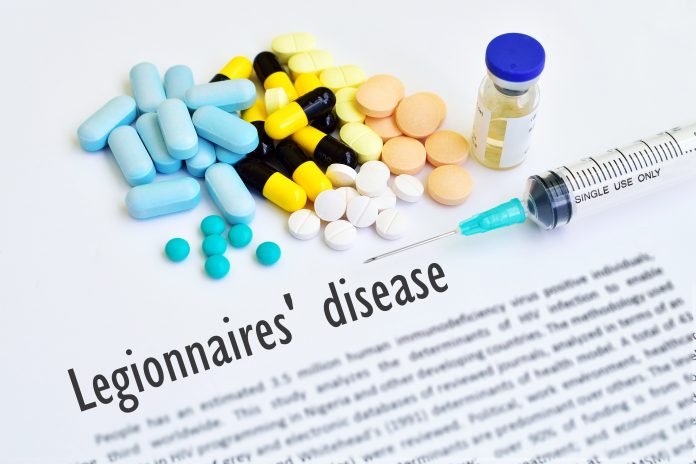Though we may have heard of outbreaks of Legionnaires’ Disease, many of us don’t understand it or even know what it is. Legionnaires’ is similar to pneumonia but it is much more severe. It is caused by a bacterium known as legionella. You can’t catch Legionnaires’ from another person. It is caught through airborne bacteria.
The symptoms of Legionnaires’ are:
- Muscle pain
- Headache
- Chills
- High fever
As it progresses symptoms may include a cough, chest pain and shortness of breath. There may also be vomiting and diarrhea. Since Legionnaires’ tends to affect those who are older or are in a weakened state of health, there may be mental confusion.
The bacterium Legionella pneumophila is responsible for most cases of Legionnaires’ disease. Outbreaks have been linked to hot tubs on cruise ships, home saunas, swimming pools and air conditioning systems. This is because microscopic water droplets can contain the bacteria and it is then inhaled by the public. Complex systems in large buildings make it easier for the bacteria to grow and spread. Because of this, Legionnaires’ disease can also break out at senior residences.
Legionnaires’ can lead to complications such as:
- Acute kidney failure. This is when your kidneys suddenly lose the ability to filter waste material from your blood. When your kidneys fail, fluid and waste can accumulate in your body.
- Respiratory failure. Your respiratory system fails when your lungs can no longer provide the body with the oxygen it needs. This can also happen if it can’t remove enough carbon dioxide from your blood.
- Septic shock. This occurs when a sudden drop in blood pressure reduces the flow of blood to your vital organs. Your kidneys and brain in particular need a constant flow of blood. The heart tries to compensate for this. It increases the volume of blood that is pumped. This extra workload eventually weakens the heart which leads to further reduced blood flow.
Legionnaires’ can be treated but it must be done promptly. To read more on Legionnaires’ disease and how to lower your risk of infection, click here.






















